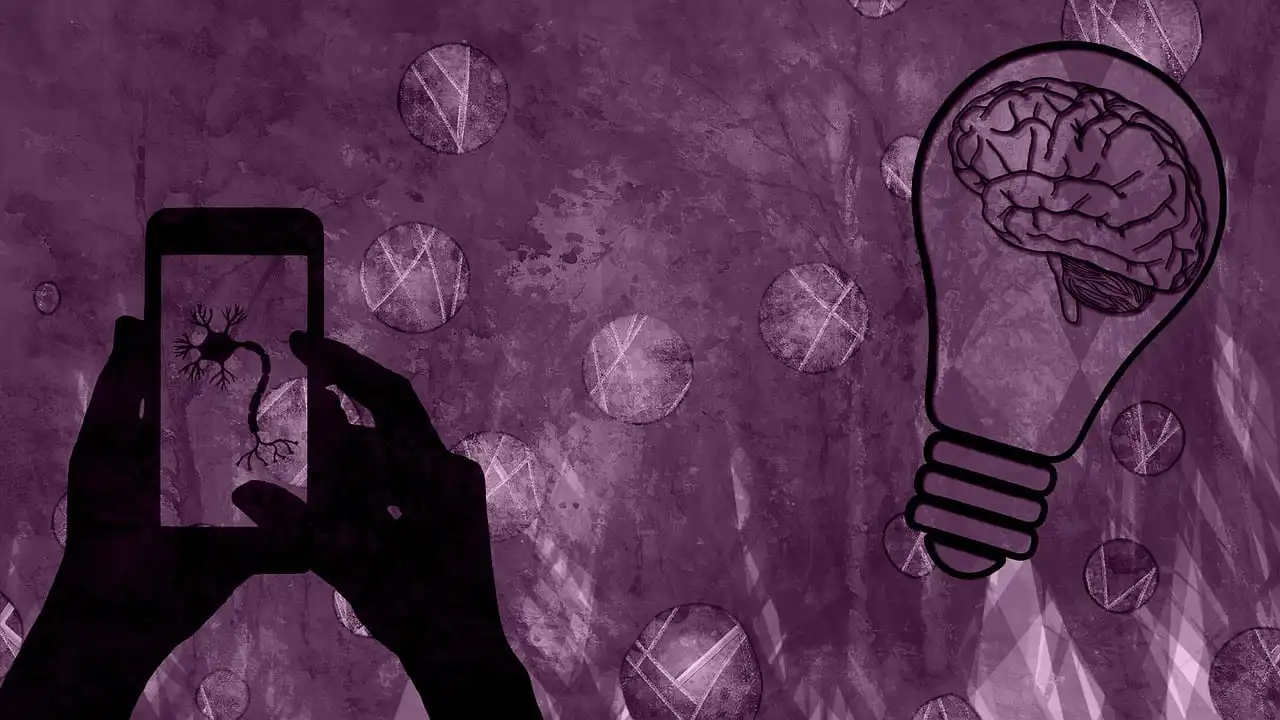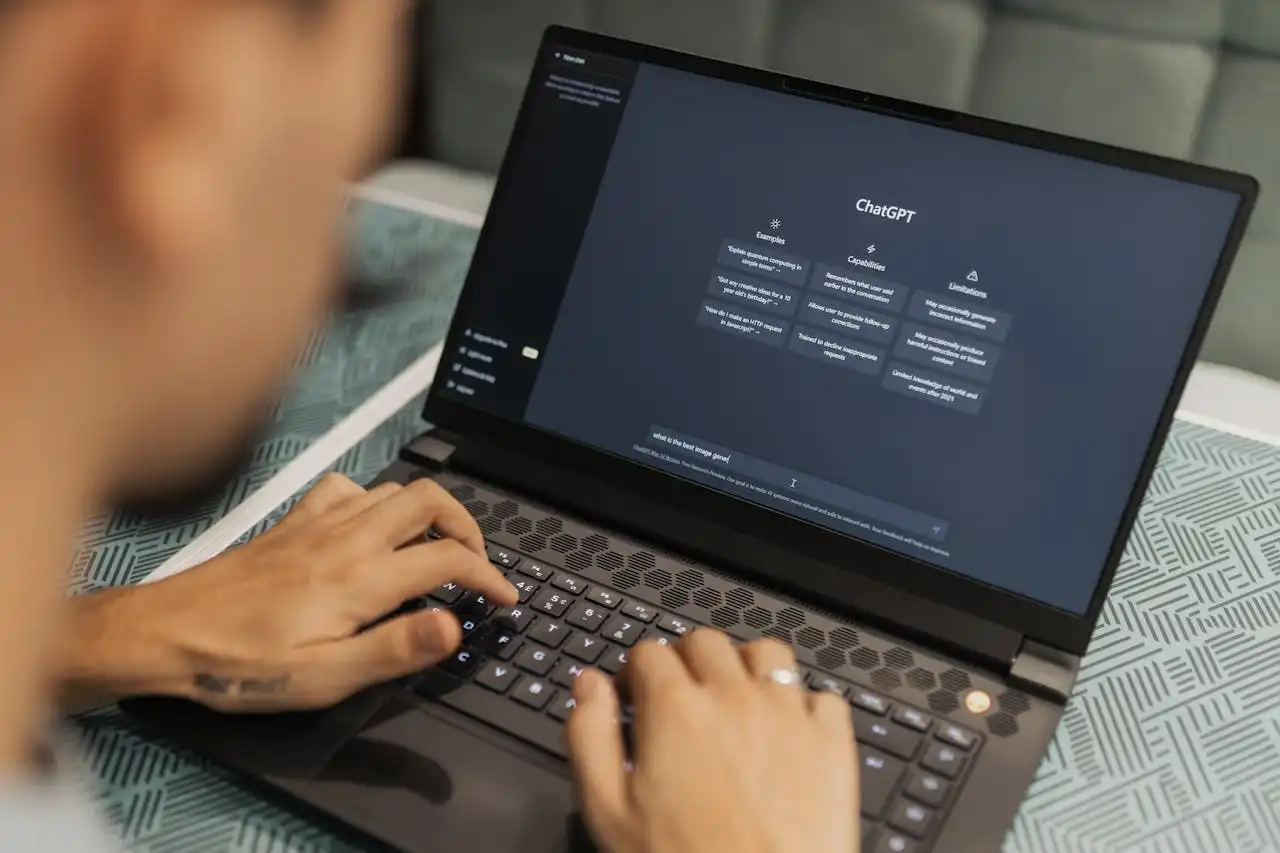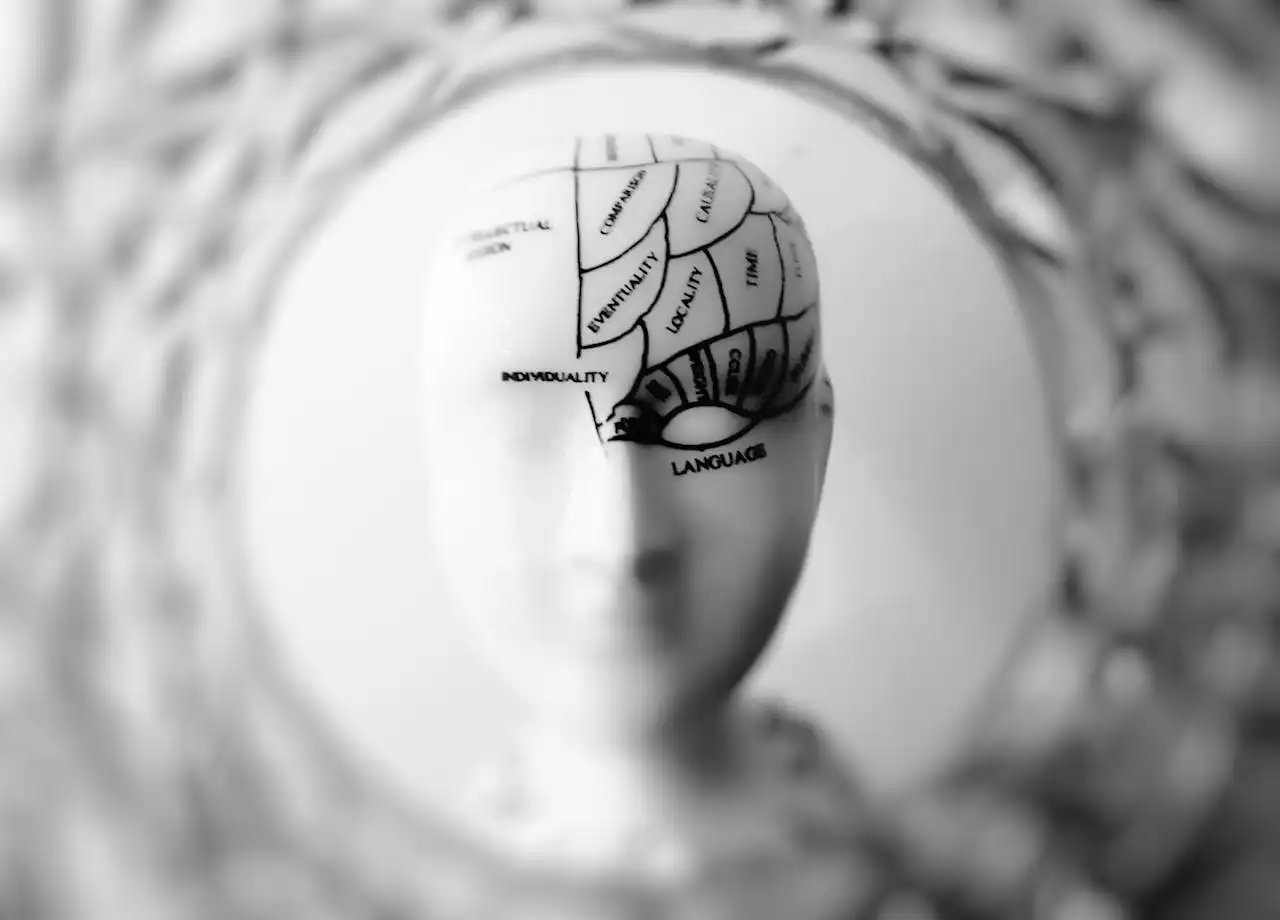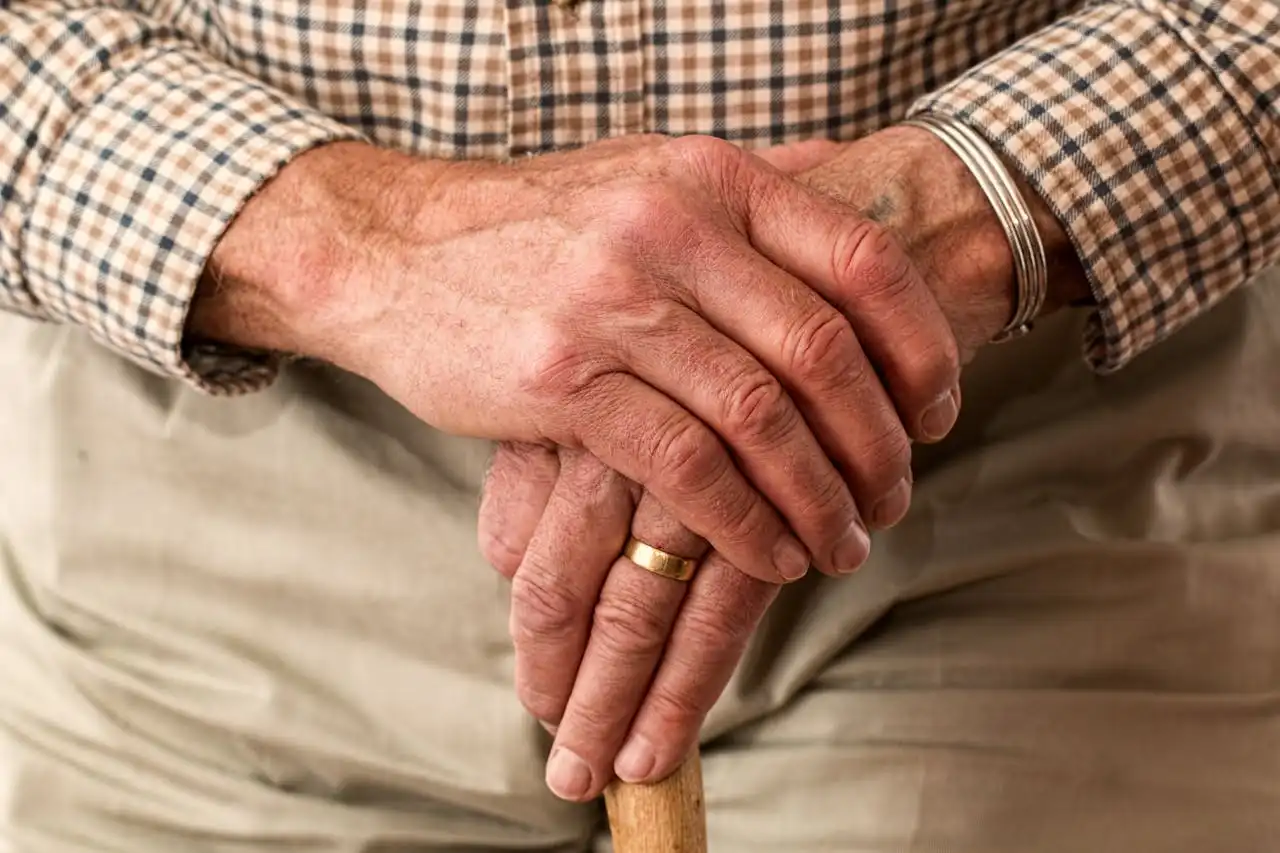Tech to the Rescue: How Your Phone Became a Mental Health Ally
Muhe - Sunday, 13 July 2025 | 04:00 PM (WIB)


The Great Digital Pivot: From Foe to Friend
For a long time, technology and mental health seemed like oil and water. Social media FOMO, constant notifications, the pressure to be "on" 24/7 – it all felt like a recipe for burnout. But quietly, beneath the surface of all that digital noise, a transformative shift was happening. Developers, therapists, and everyday people started asking: What if our phones, tablets, and laptops could be part of the solution, not just the problem? What if they could be tools to help us navigate the sometimes-treacherous waters of our own minds? Fast forward to today, and the landscape is virtually unrecognizable. What started as a few niche apps has blossomed into a sprawling ecosystem of digital resources designed to support everything from daily stress management to more serious mental health challenges. It's a real game-changer, democratizing access to care in ways we couldn't have imagined a decade ago. No longer do you need to jump through hoops or battle traffic to get some support; it's right there, in your pocket.Your Pocket Therapist: The Rise of Mental Wellness Apps
Let's talk apps, because they're arguably the most tangible way technology has infiltrated the mental health space. You've probably heard of a few, or maybe even tried one. These aren't just glorified mood rings; many are built on evidence-based practices and designed by mental health professionals.- Mindfulness & Meditation Apps: Think Headspace or Calm. These have become household names, guiding millions through breathing exercises, guided meditations, and sleep stories. They help us hit the pause button in a world that never stops, teaching us to anchor ourselves in the present moment. It's like having a Zen master in your earbuds, helping you quiet the noise and find some inner peace.
- Therapy & Counseling Platforms: Services like BetterHelp or Talkspace have revolutionized access to professional help. You can connect with licensed therapists via text, phone, or video call, all from the comfort of your home. This is huge for people in remote areas, those with busy schedules, or individuals who might feel a little awkward about traditional in-person sessions. It really breaks down barriers, making therapy less intimidating and more accessible.
- Mood Tracking & Journaling Apps: Apps like Daylio or Moodpath let you log your feelings, identify patterns, and even connect the dots between your habits and your emotional state. It's like a personal mental health diary that crunches the numbers for you, offering insights you might miss otherwise. Knowing what triggers your good days (or your not-so-good ones) is a powerful step towards self-awareness.
- Cognitive Behavioral Therapy (CBT) & Dialectical Behavior Therapy (DBT) Apps: These apps bring therapeutic techniques directly to you. They often include exercises, thought records, and skill-building modules that help you challenge negative thought patterns or develop coping mechanisms for intense emotions. It’s like a DIY therapy toolkit, giving you practical strategies to manage your mind.
Beyond the App Store: A Broader Digital Ecosystem
The mental health tech revolution isn't just about what's on your phone. It's a much wider landscape, evolving at lightning speed:- Online Support Communities: Platforms like Reddit, or more specialized forums, offer spaces for people to connect, share experiences, and find solidarity with others facing similar struggles. While not a substitute for professional help, peer support can be incredibly validating and reduce feelings of isolation. Just remember to always prioritize your safety and be mindful of what you share online.
- Telehealth for Psychiatry: Need to consult a psychiatrist or manage medication? Telehealth has made it possible to do this remotely, offering convenience and privacy. This is a massive leap for continuity of care and for people who struggle with mobility or transportation.
- Digital Psychoeducation: From YouTube channels explaining complex psychological concepts to online courses on stress management or resilience, the internet is brimming with free or affordable educational resources. Knowledge is power, and being able to understand the mechanics of your mind is a significant step towards managing it.
- Wearables and Biometrics: Smartwatches tracking sleep patterns, heart rate variability, or even stress levels are feeding into the mental wellness equation. While still emerging, the potential for personalized insights based on your physiological data is truly fascinating. Imagine an alert gently reminding you to breathe when your stress levels spike!
The "But" Factor: Navigating the Digital Wild West
Now, let's be real. It's not all sunshine and rainbows in this digital Eden. Technology is a powerful tool, a double-edged sword even. There are legitimate concerns we need to keep in mind. Information overload, the potential for increased screen time, privacy fears about personal data, and the simple truth that an app, however sophisticated, isn't a silver bullet for severe mental illness. Apps are fantastic complements, but they're generally not replacements for in-person therapy, medication, or crisis intervention when serious issues arise. It's crucial to approach these resources with a healthy dose of discernment. Always check the credentials of the developers or professionals behind an app or platform. Be mindful of your data privacy. And, most importantly, if you're struggling significantly, please remember that digital tools are a starting point, not the finish line. Professional advice from a qualified mental health expert should always be your go-to.The Future is Now, and It's Looking Brighter
Despite the caveats, one thing is clear: technology has firmly cemented its place as a formidable ally in the mental health arena. It's breaking down stigmas, lowering barriers to access, and empowering individuals to take a more proactive role in their well-being journey. It’s not about replacing human connection or professional care, but rather augmenting it, making support more accessible, diverse, and personalized than ever before. So, the next time you pick up your phone, remember it's not just for scrolling through endless feeds. It’s a device capable of profound connection, learning, and healing. Used wisely, the tech in your hand can be your personal guide, helping you navigate the ups and downs of life with a little more grace, a little more insight, and a whole lot more support. And honestly, that's a pretty epic plot twist worth celebrating.
How to Relax Your Mind During the Weekend
6 months ago

ChatGPT's Compassionate Turn: How AI Is Learning to Handle Mental Health Crises Better
6 months ago

Coffee vs. Tea: The Morning Brew Showdown That's More Than Just a Cuppa
6 months ago

Cracking the Code: Your Guide to Taming Those Beastly Migraines
6 months ago

Fuel Your Supercomputer: Five Foods That Will Level Up Your Brainpower
6 months ago

Unlocking Your Inner Shield: Five Veggies That Are Basically Superheroes for Your Immune System
6 months ago

Your Secret Weapon for Weight Loss? It's As Simple As Putting One Foot in Front of the Other
6 months ago

Forever Young: The Secret to a Glowing, Timeless Life
6 months ago

Your Gut Feeling is Right: How to Feed Your Inner Universe for a Happier, Healthier You
6 months ago

Navigating Your Daily Grind: When Does Your Coffee Habit Cross the Line?
6 months ago
